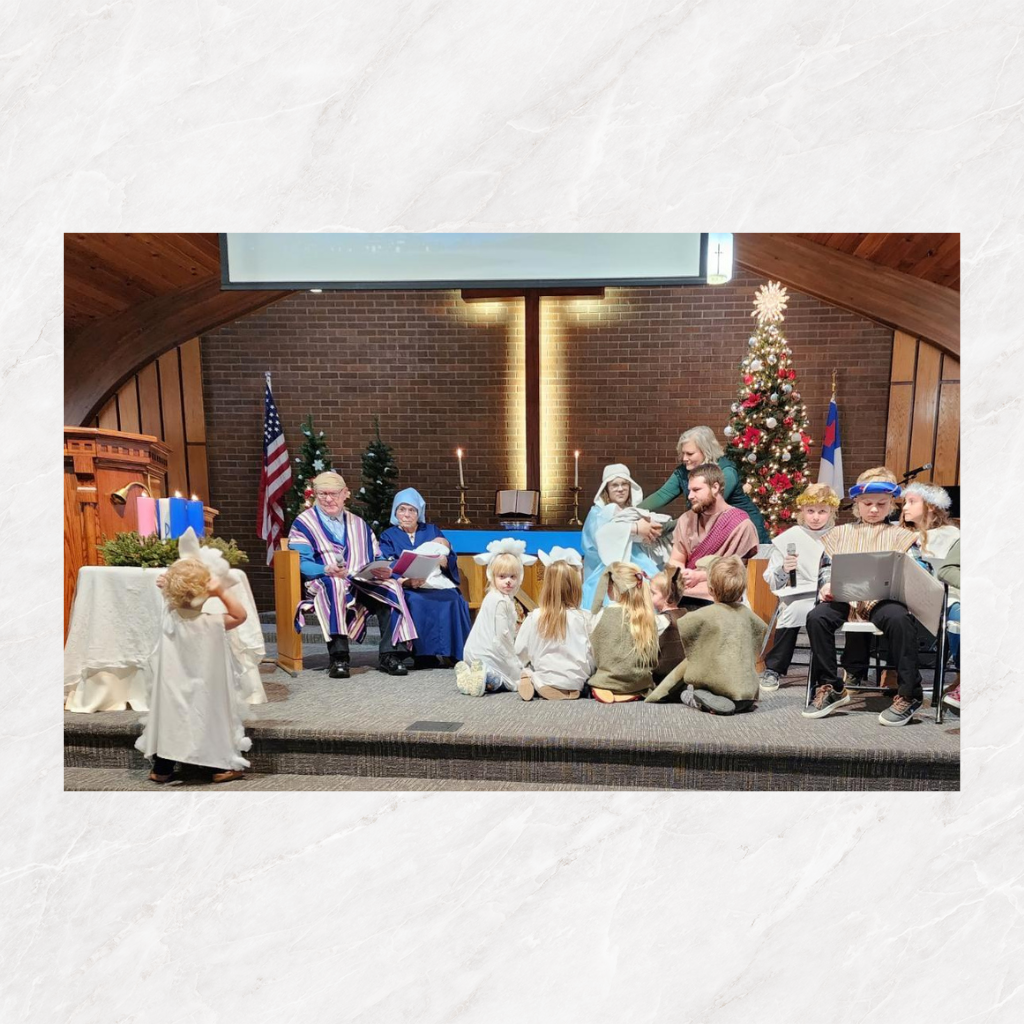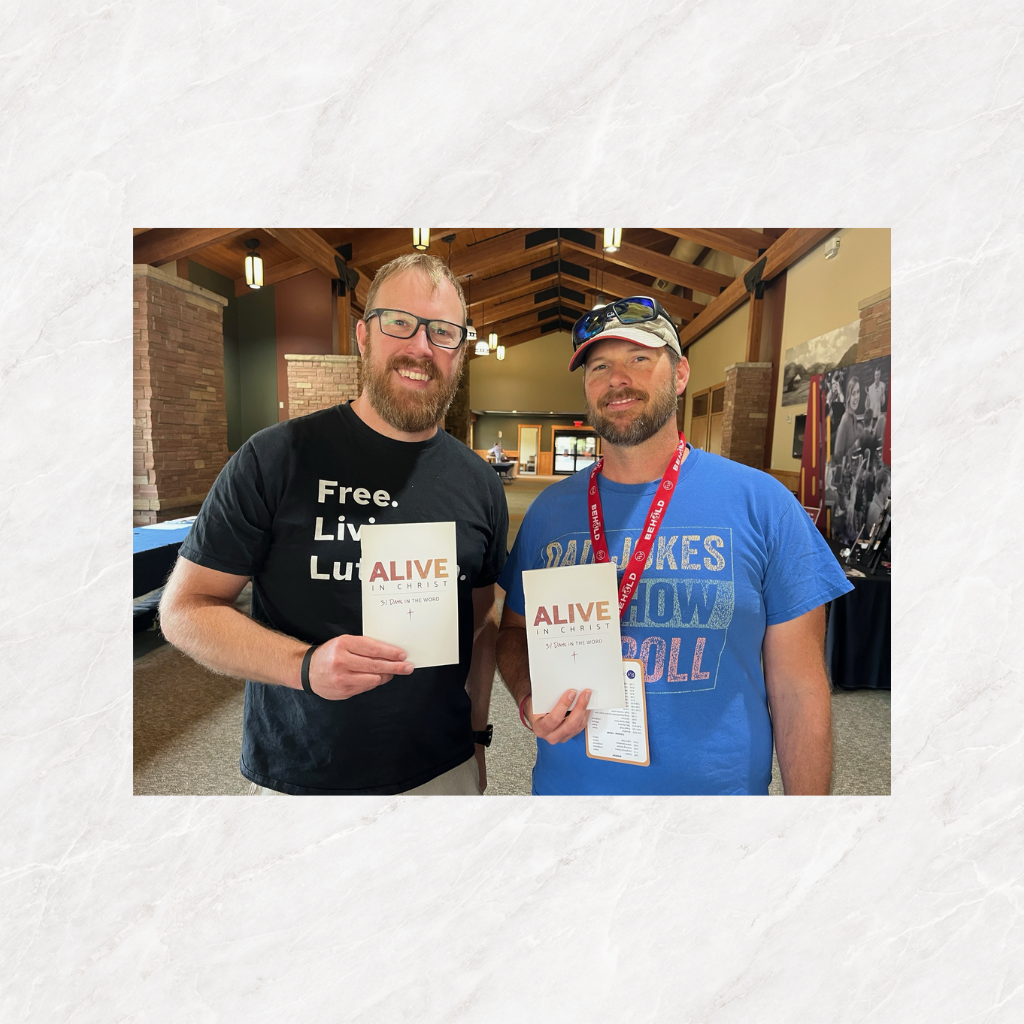Reviews
Effective Bible Teaching

As a young basketball coach, I worked with fifth grade to eighth grade students, focusing on the basics of the game and drilling the fundamentals. As I taught more advanced students, I built on those fundamentals and instructed at a higher level. One joy for many coaches is the acquisition of more knowledge to teach their players. I harvested basketball knowledge everywhere I could find it, even to the point of traveling with a box of three-ring binders full of sketched offenses, defenses, drills, and game plan elements.
I didn’t realize, though, that my acquisition of knowledge had blunted my effectiveness as a coach. What woke me up was a pointed statement from a more experienced instructor: “Coach, you know enough basketball to win games right now. The question is, ‘Can you teach anybody what you know?’ That is what will make you a coach.” I spent the next year studying not basketball, but how to teach it.
This pattern is carried out in congregations all over the world today. We love the fundamentals of the faith, and we love learning the meat and potatoes too. However, we often assume too much, using jargon to teach intelligent students, assuming that they possess a low level of intelligence and a high level of education. We simultaneously dumb down the precious truths of the Bible and talk down to our students, who are (in fact) highly intelligent but (often) not highly educated.
Enter the text under consideration, Effective Bible Teaching. Teaching Scripture is both an art and a science. The ability to teach (beyond the mere willingness to do so) Scripture is the one explicitly biblical aptitude for pastors and elders. But teaching Scripture is also a skill that can be obtained, and, once possessed, improved upon.
Wilhoit and Ryken consider two types of ineffective Bible classes: The class that knows it is failing, and the class that is painfully unaware of that failure. Then they address solutions to make those classes effective, including committing to the power and authority of Scripture, exegeting Scripture, interpreting various genres of Scripture, developing good course and class objectives, asking good questions, and securing student engagement.
Many classes fail, say the authors, because they have no clear goal in mind other than meeting together with Scripture having some role, even if it is unspecified. They claim that, with some prayerful, intentional effort, a Bible class can become the highlight of congregational life. I agree, and this text fueled my love for Bible teaching in the congregation.
I would like to add a personal note. Engaging with a text like this is a humbling effort. In order to improve your teaching, you must be willing to consider that there is room for improvement. Satan tempts us with our pride to consider this an impossibility, yet once we admit that perhaps I, even I, could learn from such a text, he begins to tempt us to despair. I found myself wanting to offer a refund to my former congregation—wanting to do it all over again. But that’s not fruitful or productive, nor is it the intention of this book, or continuing education in general. Dive in, learn what you can, and move on.
Who is the ideal teacher? He or she is a travel guide through the Bible, traveling with students through life, accompanying them with God’s Word, and becoming a friend in the process (Wilhoit and Ryken, p.41).
“Who is sufficient for these things?” rings in our ears along with “Let not many of you become teachers.” But the Spirit and the gifts are ours, and Jesus Christ, who both gifts and calls, also prepares teachers for His own service. While some more than others are “born” teachers, every teacher can—and indeed must—learn new instructional skills while they hone those they already possess. The result will be students who are engaged with the Bible—the most essential curriculum in the world—and mature in Christ.
Reviewer’s note: While this volume is a popular work, it is also the primary text for the 2018 Summer Institute of Theology at AFLTS August 6-10. For more information, visit https://aflbs.org/events/2018-summer-institute-theology-sit/ or call Marilee Johnson at (763) 544-9501.
Pr. Wade Mobley
President of AFLC Schools
Plymouth, MN
Order your copy here: Ambassador Publications Online Store

Prayer Partners in Christian Education

Presents with Presence

